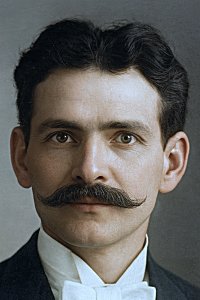Now, o’er the waters,
Burns the crimson afterglow,
From a hundred temples
Fades the day so slow;
Where the palm tree rises,
Telling of a foreign strand,
Turn our hearts in sorrow
For this stranger land.
India, sad India,
Let the dead years speak no more;
India, sad India,
Open now thy door.
Well may each sunset
Bear the color-mark of pain,
On the sky and waters,
In its crimson stain;
And when fiery sun-gleams
Fall on piles where widows died,
See we then the suffering
Centuries cannot hide.
India, sad India,
Let the dead years speak no more;
India, sad India,
Open now thy door.
Oh! how we’re longing,
That you know the Prince of Peace;
When He shall enter,
Thou shalt find release;
When the whole world’s Savior
Lay beneath the eastern star,
Saw you not your dayspring
Rising from afar?
India, oh! India,
Lift your eyes from ruins old
India, oh! India,
Now thy light behold.
Far t’ward the sunset
Lies a land to pilgrims dear,
But alone, in dreaming,
Do its shores draw near;
But the heart grows braver,
Looking t’ward that homeland shore,
For the time is coming
When the sea’s no more.
India, our India,
We would still with thee go on,
India, oh! India,
Onward to the dawn.
